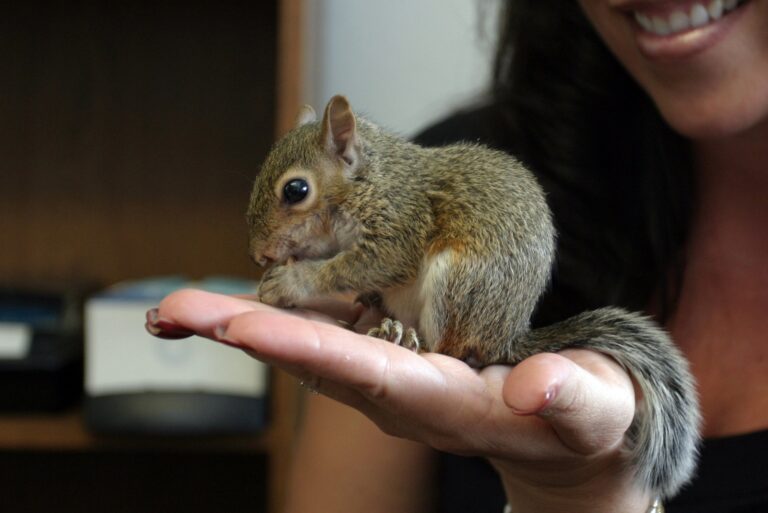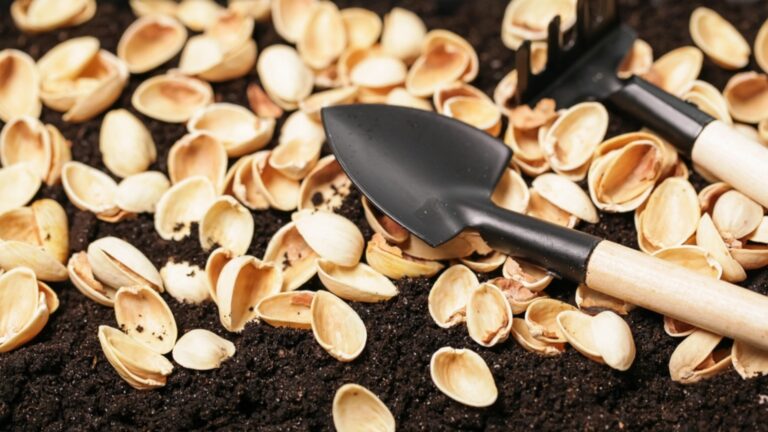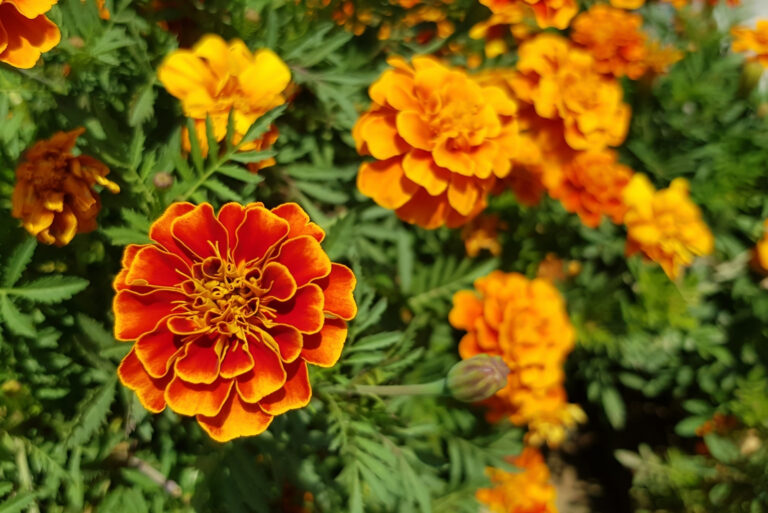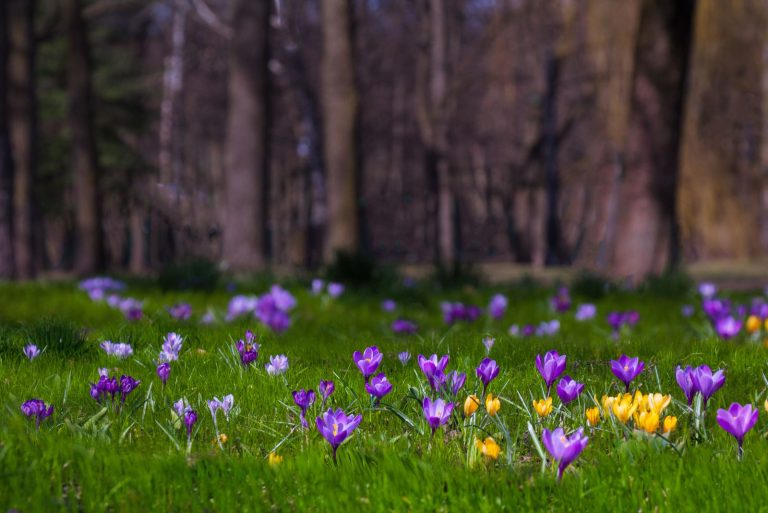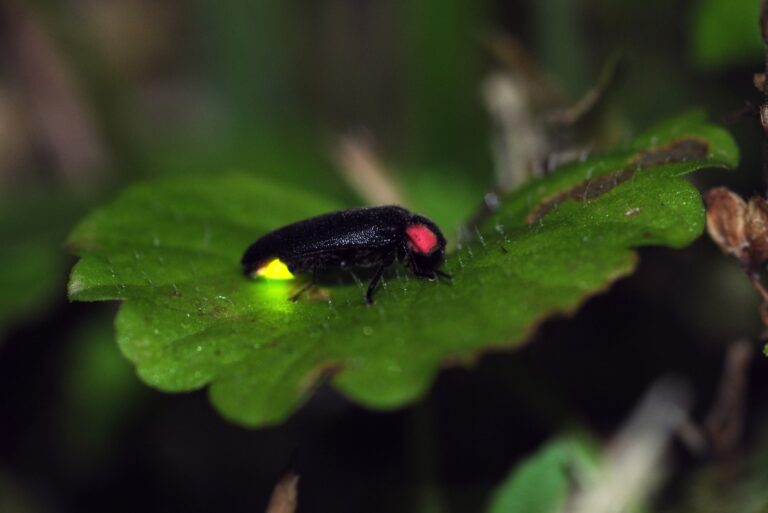8 Things To Consider Before Removing Possums From Your North Carolina Yard
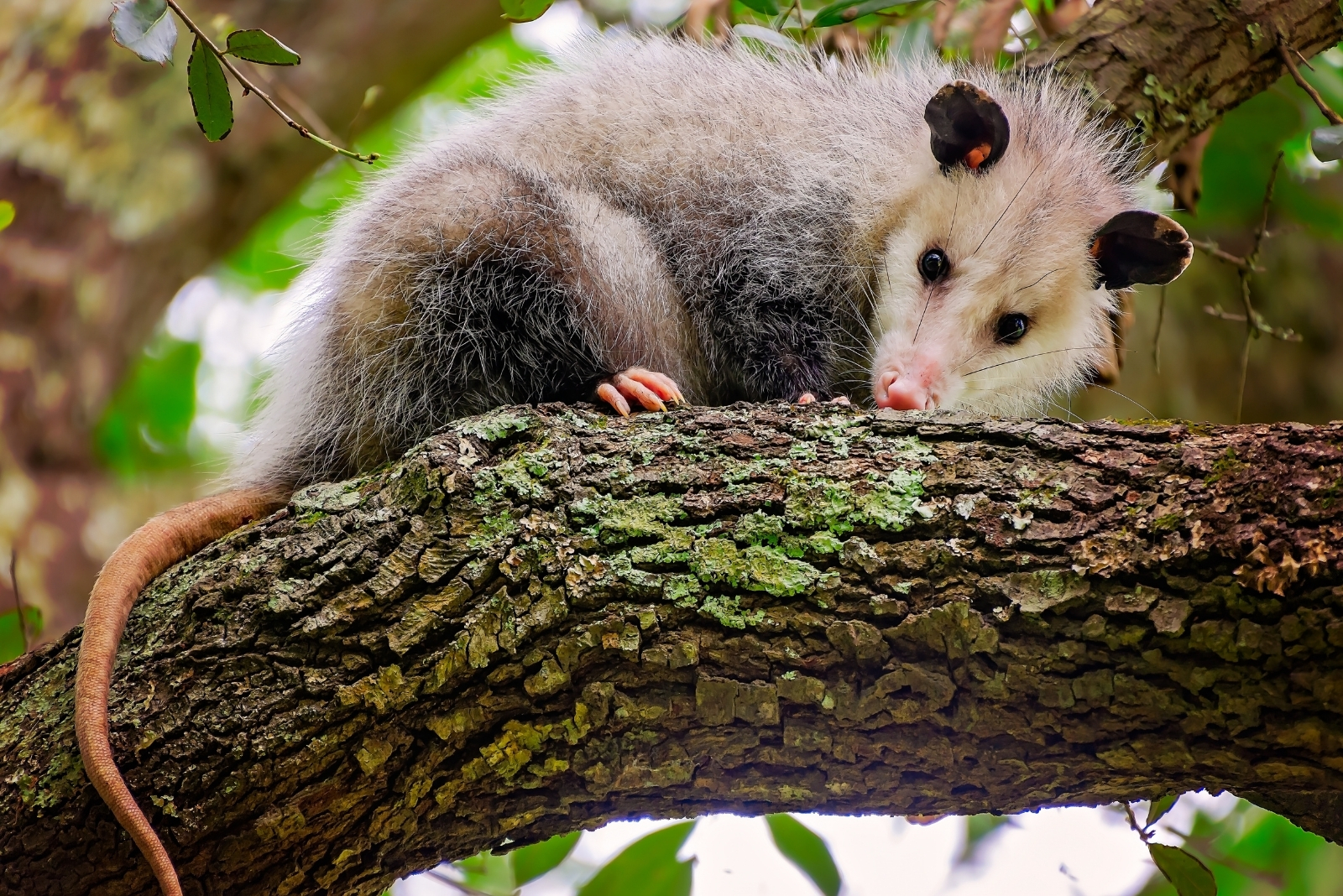
Possums are part of North Carolina’s backyard ecosystem, but removal isn’t always straightforward. These 8 considerations help decide the best course of action.
Understanding local wildlife laws matters before taking steps. Use these tips to make informed decisions for your yard.
1. Natural Pest Control Champions
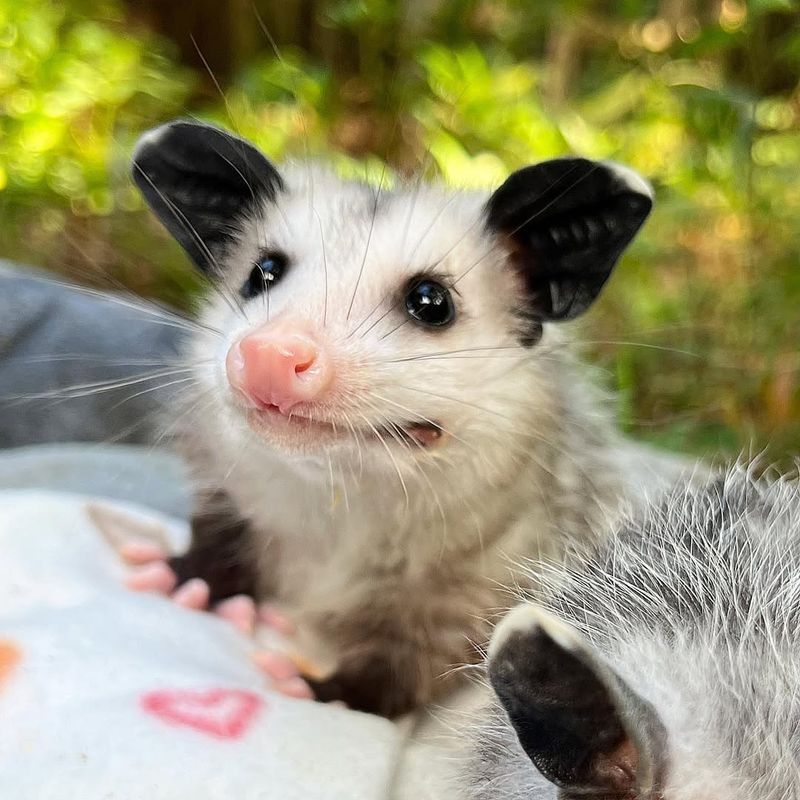
Possums devour thousands of ticks weekly, helping control Lyme disease across North Carolina. They also munch on cockroaches, rats, and other unwanted critters.
Before evicting these helpful creatures, consider the pest control services they’re providing for free. Your garden might actually be healthier with them around!
2. Venomous Snake Immunity
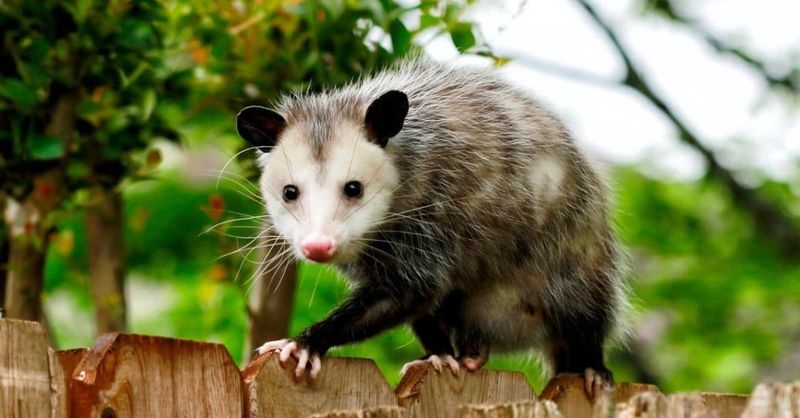
Did you know possums have partial immunity to snake venom? In North Carolina’s warmer months, they’ll happily hunt copperheads and rattlesnakes that might threaten your family or pets.
Their unique metabolism allows them to survive bites that would kill other animals. Nature’s snake controllers might be worth keeping around!
3. Rabies Resistance
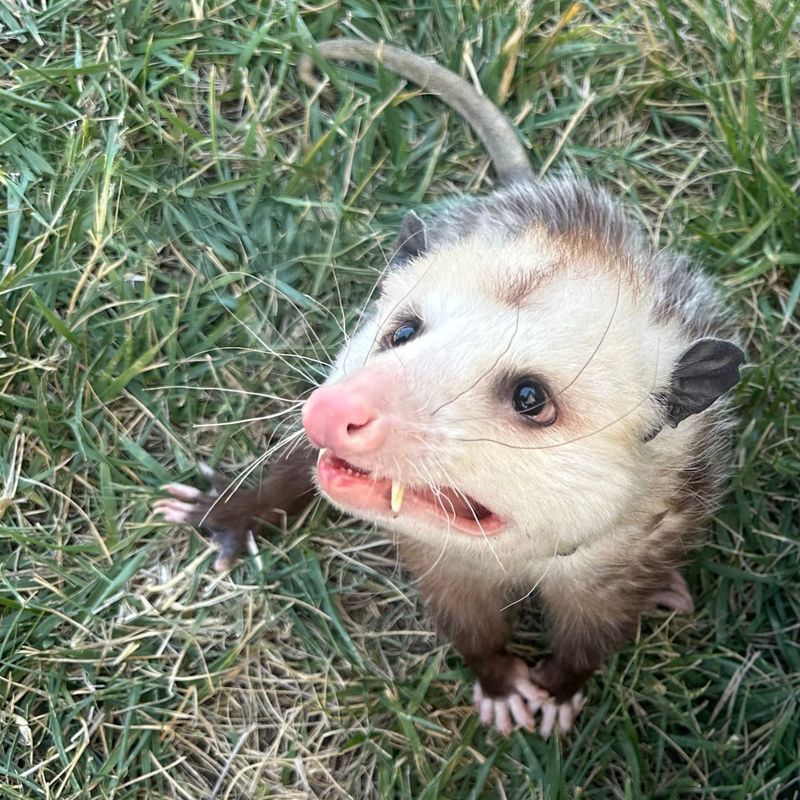
Unlike raccoons or foxes common in North Carolina, possums rarely carry rabies. Their low body temperature makes it nearly impossible for the virus to survive in their system.
This makes them one of the safest wild mammals to have nearby. Many North Carolinians are surprised to learn these critters pose minimal disease risk.
4. Short-term Visitors Only
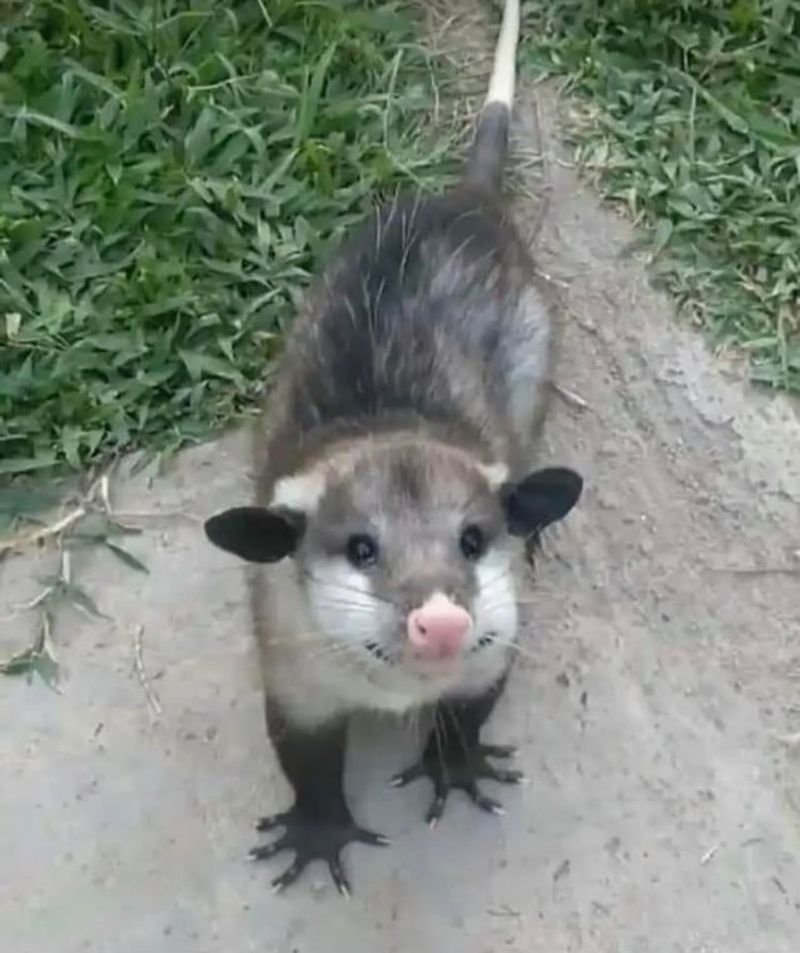
Possums don’t establish permanent dens. Throughout North Carolina, they typically stay in one area for just a few days before moving on to new territory.
Your unwanted guest will likely leave on its own without intervention. Many North Carolina homeowners find patience is all that’s needed when possums drop by.
5. Playing Dead Defense Mechanism
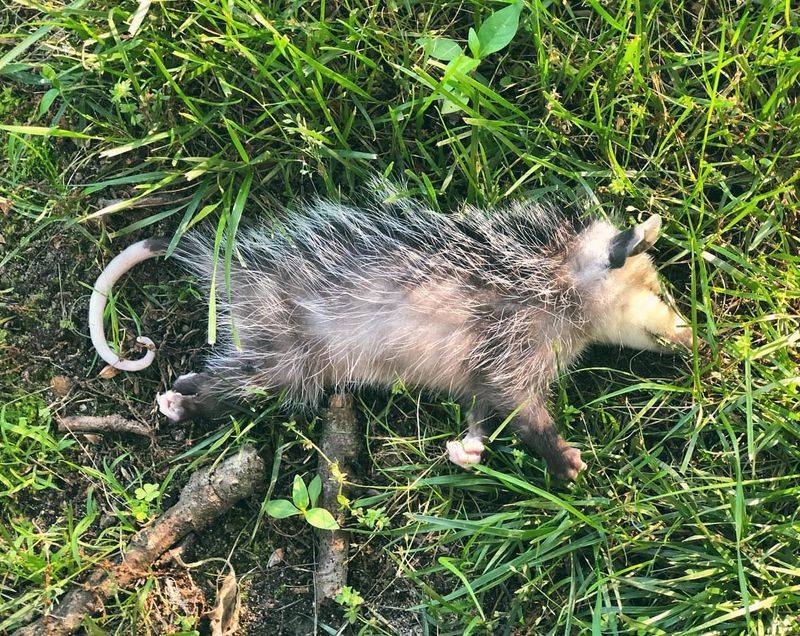
That famous “playing dead” trick isn’t voluntary—it’s an involuntary stress response. When frightened in North Carolina yards, possums enter a catatonic state that can last for hours.
This harmless defense mechanism means they’d rather fake death than attack. They’re among the least aggressive wildlife you’ll encounter in the Tar Heel state.
6. Legal Protection Status
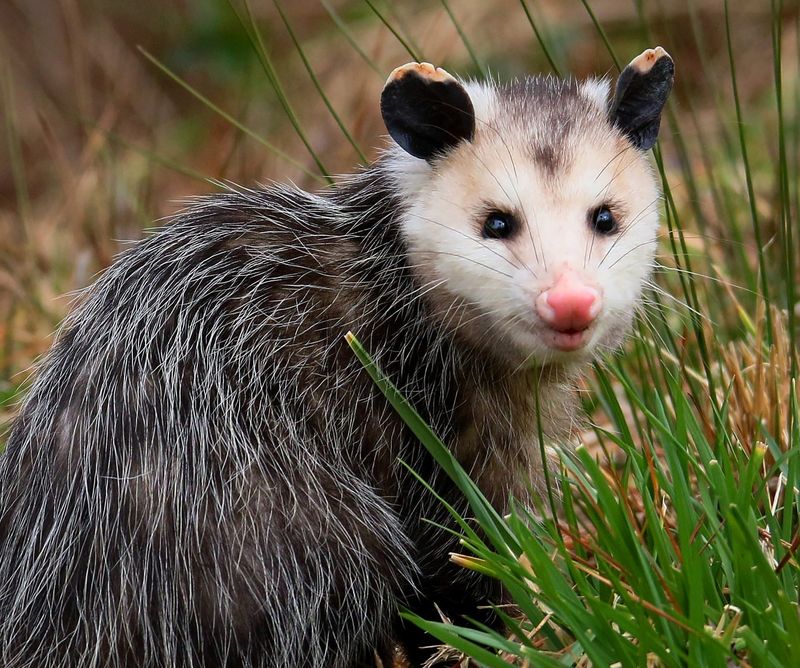
North Carolina wildlife laws protect possums as native wildlife. DIY removal could land you in legal trouble if not done according to state regulations.
Professional removal services understand these laws. Before taking matters into your own hands, check with North Carolina Wildlife Resources Commission about proper procedures.
7. Garden Cleanup Crew
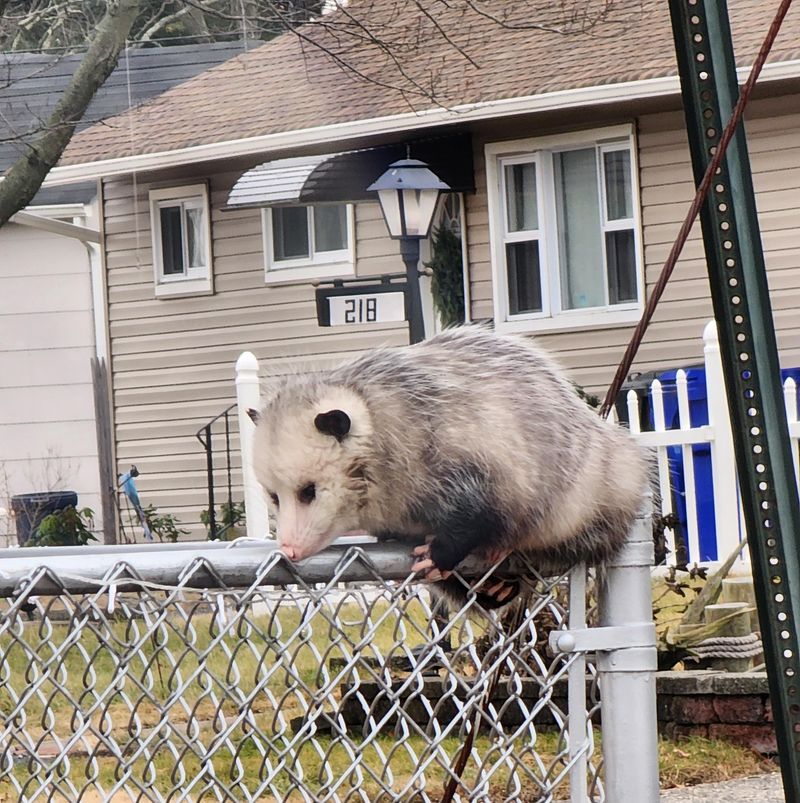
Fallen fruit? Rotting vegetables? Possums will gladly clean up these garden messes throughout North Carolina. Their scavenging prevents attracting other pests and reduces disease spread.
Many Carolina gardeners consider them helpful sanitation workers. They’ll consume overripe produce that would otherwise rot and attract flies or fungus.
8. Humane Relocation Challenges
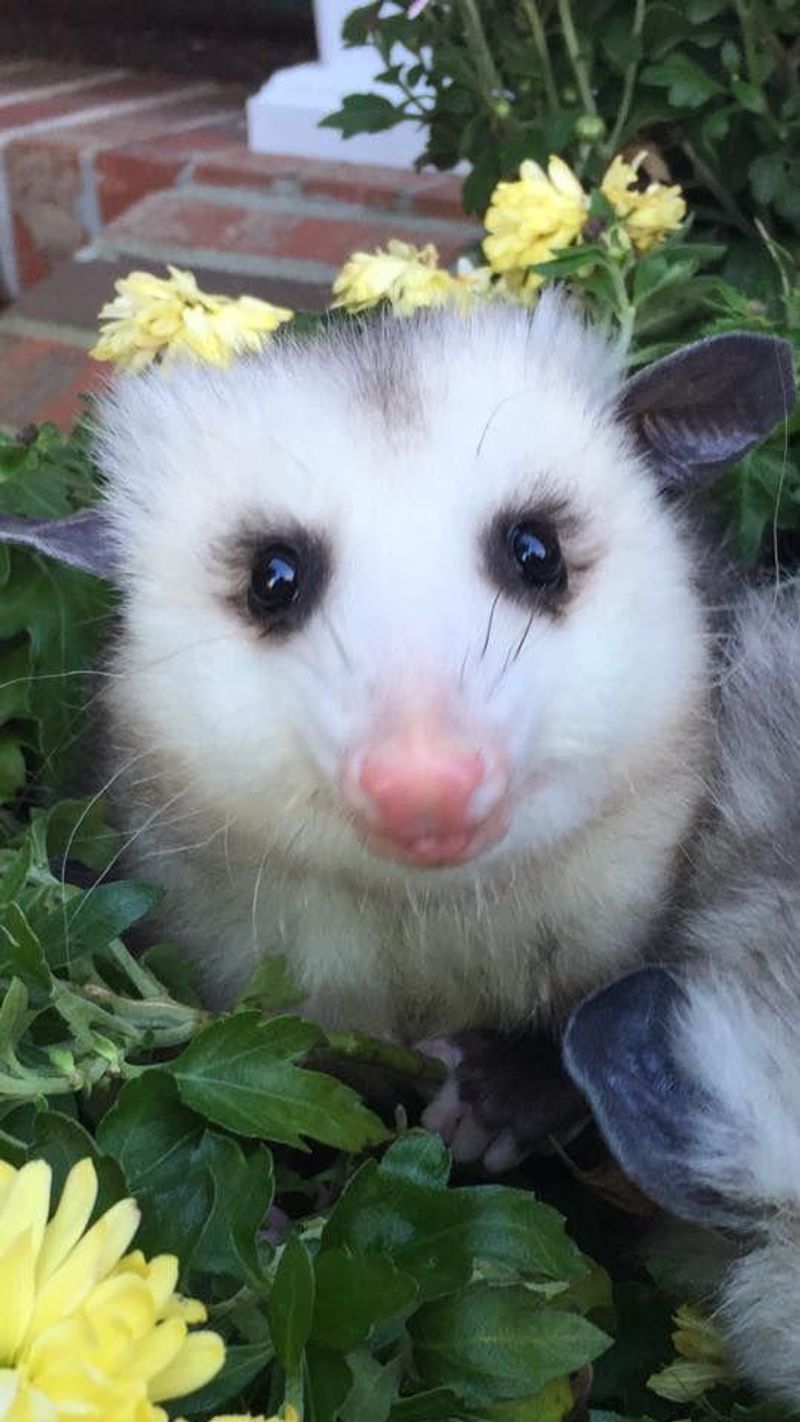
Removing possums often doesn’t end well for the animal. When relocated away from familiar North Carolina territory, they struggle to find food and shelter.
Many don’t survive the transition. If you must remove them, work with wildlife experts who understand North Carolina ecosystems and can ensure the possum has the best chance.


